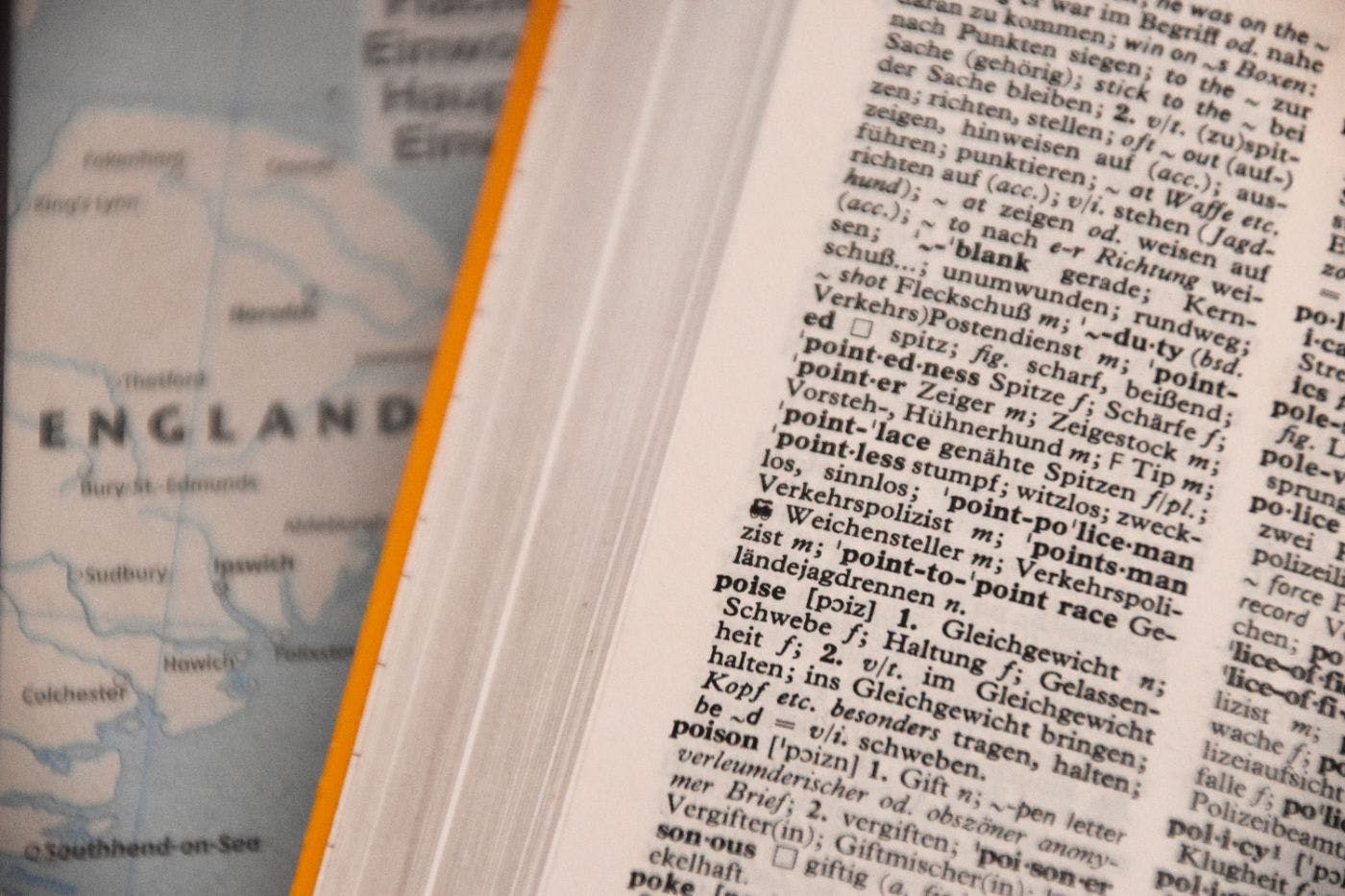756 reads
The Art Of Writing & Speaking The English Language : Chapter I - Diction
by
July 29th, 2022
Audio Presented by

American writer and entrepreneur who developed a long-running home-study course in speaking and writing
About Author
American writer and entrepreneur who developed a long-running home-study course in speaking and writing
